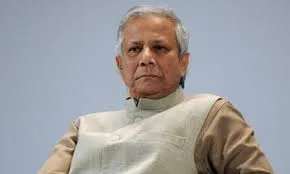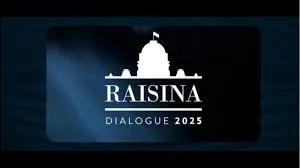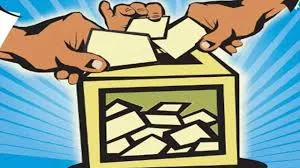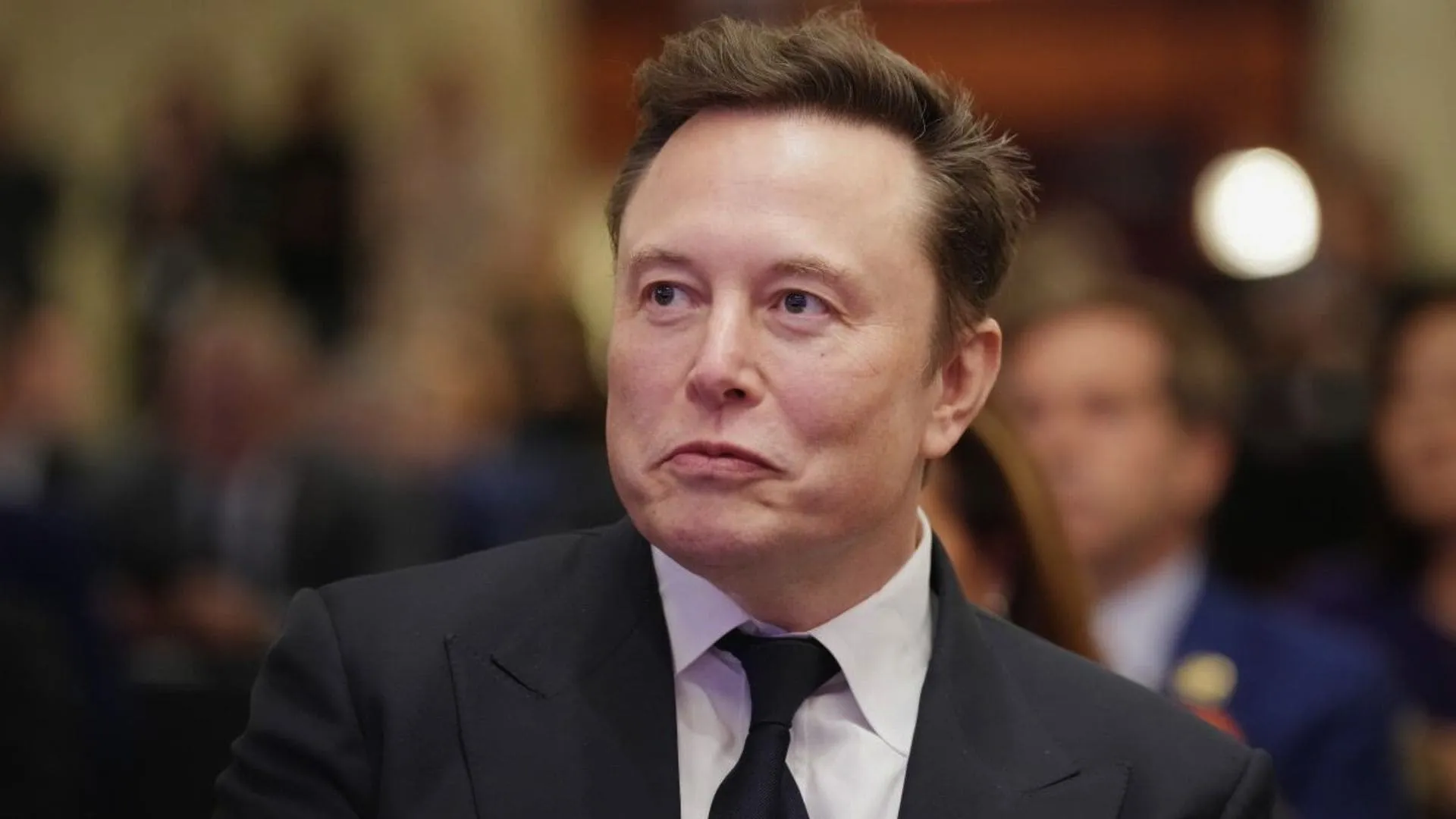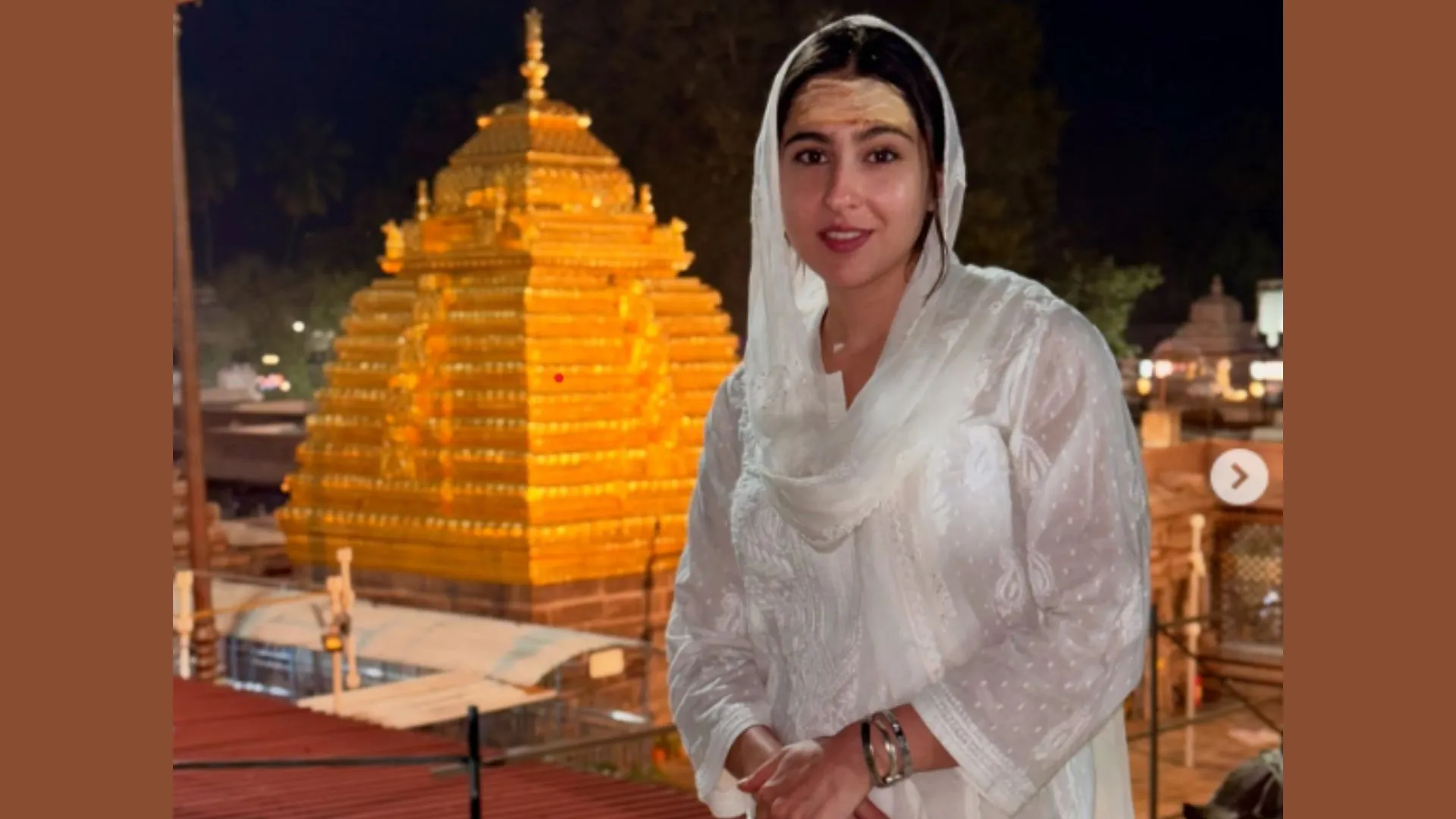The recent decision of the Central government to bring OTT platforms under the purview of the Information and Broadcasting Ministry has sparked off a serious debate. The contours of this discussion centre on constitutional protections for free speech in a democracy, the boundaries of artistic exploration, business competitiveness and innovation, and the overall role of state in a boundary-less, connected world. Views have been divided across the spectrum from a section demanding that the state lay its hands off the online space to fears of corporate surveillance and cartelisation under the guise of protecting individual freedoms.
With the Covid-19 pandemic raging through the world, there has been a phenomenal growth in the consumption of online content across platforms, raising concerns about parity with other similar media and the violation of social, cultural and even moral norms. While there is no golden scale to measure the appropriateness of these objections, it is essential to address them through a fair process which addresses the issues as well as reinforces our confidence in democratic values.
FREEDOM OF SPEECH VIS-À-VIS NEED FOR REGULATION
The right to freedom of speech and expression does include the freedom to hold opinions and to receive and share information, but the exercise of this freedom is subject to restrictions and such conditions as necessary in a democratic society, in the interest of national security, territorial integrity or public safety, for the prevention of disorder or crime, for the protection of health or morals, for the protection of the reputation or rights of others, for preventing the disclosure of information received in confidence, or for maintaining the authority and impartiality of the judiciary.
OTT platforms have flourished and captured the market in recent times. OTT subscribers more than doubled between August 2019 and August 2020, with screen time increasing 300%. Disney+ reached 60.5mn in early August 2020, and Netflix, which had 167mn subscribers at the end of 2019, saw global subscriptions surge to almost 183 million in April 2020 and reach nearly 193 million by July 2020 as per a PWC report.
As rightly said, size definitely draws scrutiny. The recent amendment by the centre to bring OTT under the I&B Ministry will soon change the scenario of OTT platforms, which had escaped any architecture of regulation so far.
For a movie to be exhibited or released in theatres or on satellite, it needs certification from the Central Board of Film Certification and the content is governed/regulated by the existing laws and regulations such as the Cinematograph Act, 1952, the Cable Television Networks (Regulation) Act, 1995 and Cable Television Networks Rules, 1994, whereas no such specific regulation existed for regulation of content on OTT Platforms.
Technology and tools on the Internet have introduced real challenges and in order to safeguard rights and safety of the user, it is necessary for the government to respond to these challenges and update or amend current laws and introduce new laws and regulations. These regulations require careful consideration so that it does not expose or jeopardise the rights (freedom) of users/citizens, rather provide regulation that protects the environment that enables the growth of the internet and at the same time keep the internet open and free which will retain the capacity to foster innovation and economic growth. There exists the difficulty in enforcing regulatory measures/ regulations as the issue of jurisdiction and/or the power of the national government at the global level is still a challenge.
National jurisdiction can be a solution to ensure sovereignty in the global environment which OTT possesses. Any form of regulation cannot progress or be implemented without adequately resolving issues of jurisdiction. The issue of jurisdiction can be tackled to an extent by mandating the OTT platforms/companies to have a registered office or at least one formal office in the country in which it operates and/or provides its services.
The issues of global Internet governance also need attention as there is a need for the establishment of strategies and some mechanism for joint action among the countries for obtaining enforcement capacity and establishing some mechanism that functions at a global level.
SELF REGULATION VS GOVERNMENT INTERVENTION
Any expression on social media of opinions, positions or facts is essentially an aspect of speech. Taking this analogy further, the artistic freedom of creation and expression includes comments on various aspects of life, culture, society, policy and public life. Such kinds of artistic expression are usually regarded to be protected speech and enjoy protections of freedom of expression available under the constitution in democracies. Hence, it is inevitable that the reception of such content will be perceived as violative of sensibilities, social norms, decency and even religious beliefs. This then has to be addressed through regular legal processes, utilising available remedies.
However, all constitutions recognise that the right to free speech and expression is self-limiting in the interest of larger public good such as decency, morality, public order, security of the State, friendly relations with other nations, etc. Calibrations may differ from the French right to offend to extreme and intensive state control which may amount to prior censorship even before publication.
Self regulation by industry as an idea, though appealing, has certain issues with it. It grapples with questions like:
• Who is this ‘self’?
• What is it regulating?
• Where does the mandate for such regulation come from?
• What are the checks and balances inherent in the process?
• How does one handle the conflict of interest where an all-powerful technocratic corporate interest decides to choose the contours of free speech in line with company policies?
• What is the redressal mechanism, if one is not satisfied with the outcomes?
• How does one ensure transparency where the technology of such selective censoring is itself obscure?
• What is the mechanism for judicial, legal or executive oversight of such self-regulation?
• What accountability or liabilities will the regulator face except a breach of contract terms and some other aspects of private law?
It is interesting to note that after a Supreme Court intervention pursuant to public interest litigation, OTT platforms were given an opportunity to establish a self-regulation code, which did not attract much traction from the players concerned. The present government orders have not specified anything more than an allocation of a subject (OTT content platforms) to the Information and Broadcasting Ministry.
CONCLUSIONS
The great visionary Dr Ambedkar, while discussing the Draft Constitution of India on the issues of freedom of speech, quoted a judgement of the US Supreme Court (Gitlow v New York) in justification of the limitation on the right of free speech contained in Article 13: “It is a fundamental principle, long established, that the freedom of speech and of the press, which is secured by the Constitution, does not confer an absolute right to speak or publish, without responsibility, whatever one may choose, or an unrestricted and unbridled license that gives immunity for every possible use of language and prevents the punishment of those who abuse this freedom.”
It is time that a healthy debate takes place on the transposition of our rights and freedoms in a contested digital space. This will be a process of evolution, where multiple interests will clash, time-honoured maxims, traditions and precedences will be questioned, and almost everything that we hold dear will be put to test. The answers will lie in the Constitution and its interpretation by honourable judges, learned legislators, thinkers and academicians. And the people will watch this reality show unfolding on their myriad screens as we debate, question and evolve.
Brijesh Singh is an author and senior IPS officer. Khushbu Jain is a practising advocate before the Supreme Court and founding partner, ARK Legal. The views expressed are personal.



